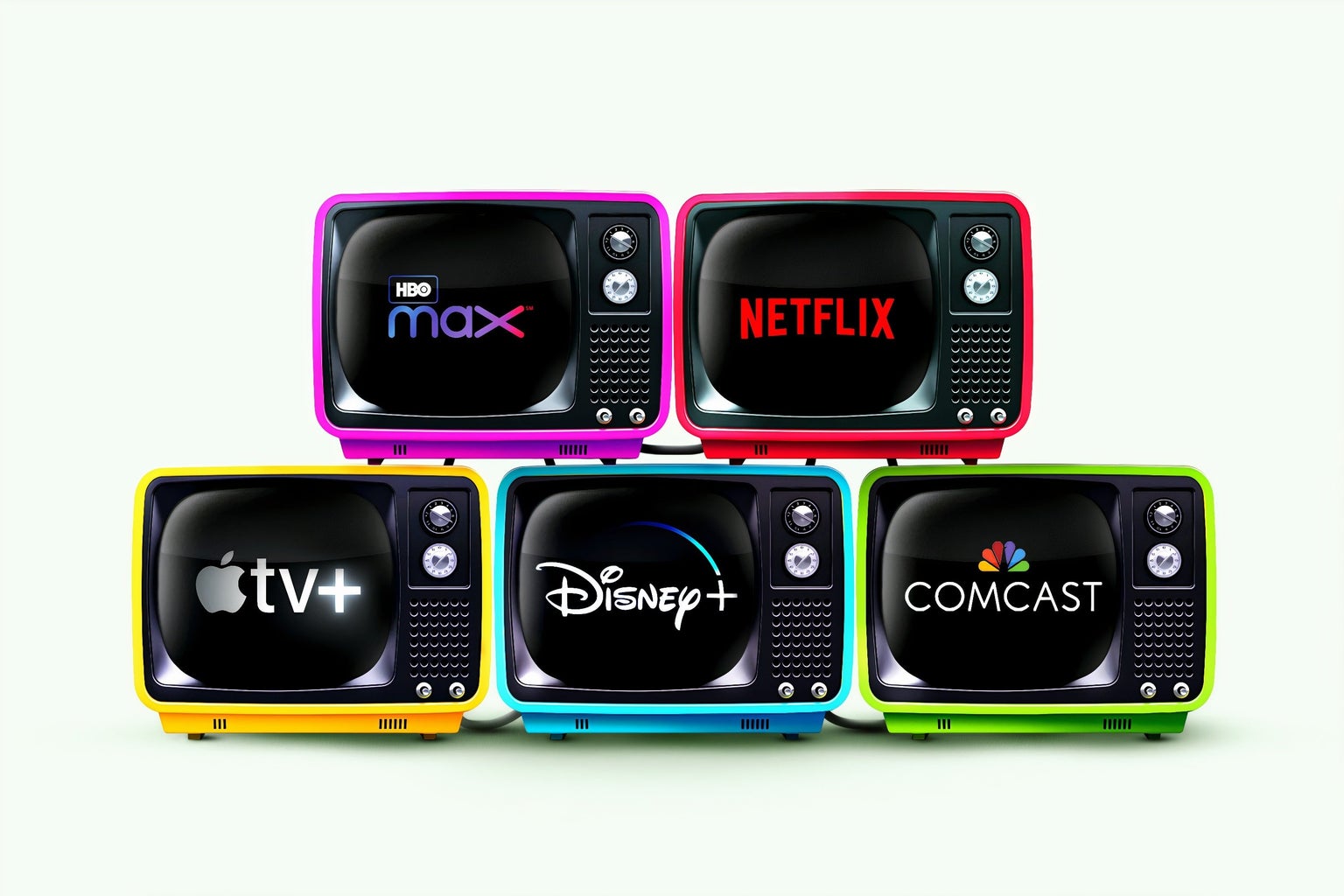When you are watching Disney movies, the last thing you want to think about is heady stuff. I mean, if I’m an adult watching old Disney movies for rest and relaxation (totally not something that I do) I am likely doing it because I don’t want to think. The target audience for these movies is not going to be someone who analyzes the predominant economic system of our society. And when it comes to our system of capitalism, it seems that you either love it, hate it, or don’t think about it at all.
I know as a kid I did not think about it at all. I just accepted that it was the way of the world. I thought it was the only right way to go about things because I had only ever heard of that kind of economic system. Money was the way you acquired your possessions, and that was that. Even when I took classes in high school that introduced us to other types of systems, what I mostly remember is a video that argued that capitalism was a very fair process. After all, you lend your services to your job, that is, you contribute to society, in return, you receive the means to take care of yourself. How could that not be fair? It was such a simple, neat system. And it works! Much better than socialism, for instance. With capitalism, people were given an incentive to work, and in return, they could continue to be functioning members of society. And from the beginning of time, we are always reminded of the American dream: if you work hard enough, you will get to where you want to be. Sounds almost like a utopia, right?
Spoiler alert: I think we are all aware that it does not exactly work that way. Just like in Disney movies, not everybody gets a happily ever after.
In the movie Encanto, Mirabel did not get a happily ever after at the ceremony where she was supposed to receive her magical gift. Before I explain, I will of course first warn you that this article contains spoilers, so if you have not watched the movie yet, you might as well do that first. Anyway, the movie opens up with such promise for Mirabel. Mirabel’s Abuela tells her about the magical gift that everybody in the family receives when they come of age. She states, with an adoring smile, that the gift will be just as special as Mirabel herself. Mirabel’s eyes widen with excitement and hope, as she looks at her grandmother with amazement. The movie then shows Mirabel about to touch the door in the casita that is reserved for her, the door that will reveal whatever her gift maybe—and then, of course, we fast forward to fifteen-year-old Mirabel, who supposedly has had her gift for several years now. We then go on to hear the catchy song of “The Family Madrigal”, where Mirabel delightedly runs through each and every one of her family members as well as each one’s gift to a bunch of overexcited children. But then they ask the inevitable question: “But, what’s your gift?”
Mirabel laughs awkwardly and tries to avoid the question, hoping to distract the kids by telling them about her family again. But she is caught by Abuela and Dolores, who nonchalantly explains to the kids that Mirabel actually has no gift.
In the first scene that I described, it is clear that Abuela adores Mirabel, and Mirabel adores her right back. But when we see fifteen-year-old Mirabel interacting with Abuela, no matter what Mirabel does to try and help around the house, Abuela has only impatience for her. In fact, she basically tells Mirabel to stay invisible and keep out of the way during her little cousin’s gift ceremony. Now that Mirabel has no gift, she is only a nuisance.
But her family members are not! They are so important, as they keep this miracle alive. For example, Mirabel’s older sister, Isabela makes her town look beautiful with the flowers she magically grows, and Luisa is always able to help the villagers because of her superhuman strength–nothing feels heavy for her. Mirabel wishes she could shine the way that the rest of her family does. But when she begins to talk to them, she realizes that their lives are not the ideal they seem to be. From Mirabel’s perspective, they have amazing talents that are so helpful, useful, or in Isabela’s case, beautiful. They make Abuela proud and they represent the family Madrigal perfectly. Yet when Mirabel discovers there could be something wrong with the magic her family relies on, she confronts Luisa and tells her she knows Luisa is worried about something. She then tells her (in song format, “Surface Pressure”) that on the outside, she never seems anxious; she is the one who is solid as a rock and is proud of the work she can do. But then she confesses that she secretly feels that if she does not do everything the town asks of her, she loses any worth she has. When Mirabel then talks to her sister Isabela, Isabela shouts that she always has to keep up an image of perfection to feel loved by Abuela and that she has even agreed to marry someone she doesn’t care for because Abuela thinks it will be “perfect for the family”.
For them, their gift is their identity. It is their reason for being. It is what makes them feel valued in their world, by the leader of their family: their own grandmother. They must use their gift to the utmost of their ability to serve others and to honor the family. Not only that, Isabela must conform to other societal expectations: marry into an ideal family, have plenty of children that will all receive gifts as well. Act like the most stereotypical image of a girl: pretty, sweet, and eventually a mother. And if Luisa does not fix every problem the town has with her superhuman strength, she is wasting her abilities.
From a very young age, it seems that this world we live in tells us that our very identities revolve around our careers. Our career is our gift, our contribution to society, the more impressive, the better. We’re expected to think about “what we wanna be when we grow up” by first grade. And the answer has to be something cool, like “I want to be a doctor,” “I want to be a police officer,” and “I want to be a teacher”. Nobody says they want to be a janitor or truck driver. The only good jobs are the ones that are valued by society and that turn a profit, in other words, that keep capitalism running. We are spending our college careers working towards whatever job we are going to get, and it will always remain a core part of our identity. A lot of times, it will be the main part of our identity. And if it is not something that is considered respectable, we can be judged as not being a good enough person.
What is even more ironic is that some of the most useful jobs are the ones that are the least valued. We saw what those jobs were during the worst of the COVID-19 pandemic, the “essential workers”. We value sophisticated, flashy, jobs, everything from being a lawyer, which takes years of education but truly requires some expertise, to being a football player, which just entertains us…but it turns a huge profit, so it keeps capitalism up and running! In a sense, the whole football thing is analogous to Isabela’s gift. Growing flowers perfectly is pretty, but it serves no actual use. In the real world, we put our money into what keeps away the boredom and we look upon the celebrities with awe, only to dismiss and ignore those who do actual work for us (like the janitors, food service workers, etc) just as Luisa was only valued for what she did for others.
If you want to be a doctor or a lawyer, you spend an insane number of years working as hard as you can in grueling, intensive classes so that one day you can be a financially secure and respectable person. If you only work in jobs that are classified as “low-skill” or have no job at all, you are in a position of poverty where you sometimes have to choose between rent and food. You can barely survive off of the only money you are receiving through your job, or through unemployment “benefits”. Not only that, again, you are marginalized and seen as “less-than”. All because of the one thing that identifies you: your job. The movie Encanto encapsulates perfectly the lie that capitalism has always fed us: you are only what you contribute to society, and you can only do it the way that we ask of you. Or else you are worthless.
In reality, where you work does not have to be anything more than where you get your income. Every person is so much more than that, they are their passions, hobbies, the people they spend time with, the things they find entertaining, the words they speak, the dreams they have. But we spend most of our lives focusing on one aspect of our lives, and if we do not land the job that we dreamed about, we often feel as though we are a failure when we are not. But in this society, our career is our ticket to success, respectability, health, and security. Our lives literally depend on it. And if we are not successful in it, we are often treated as though we are children, just immature adults, like how Mirabel was relegated to the children’s nursery when she couldn’t open her door.
But Mirabel was not worthless. She did everything she could to help around the house, and she helped raise her little cousin. Despite the fact that she was supposed to be invisible, her cousin insisted she holds his hand as he went to receive his gift. She was the one who used her own intuition and care to heal her family as it began to fall apart. And as you will see in the movie, it began to fall apart because of the way Abuela was dictating the family.
So, this article was really nothing more than a little analogy for how capitalism can dictate the way we view people, and how that needs to change. It also does not scratch the surface when it comes to what we could critique about capitalism; there is so much more that could not fit here. People are far more than their careers, and we need to re-train our brains to think in terms of the whole person, not just what someone does for their paycheck. Especially when it comes to accepting and loving our own selves (as Lusia learned in regards to her gift)! Remember, how you choose to shape your entire life (not your career) is what defines you. And other people do not get to define it for you.



